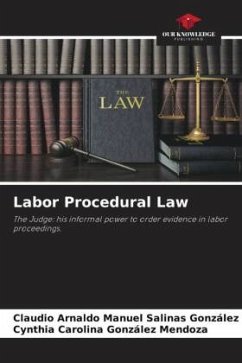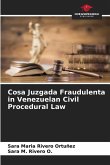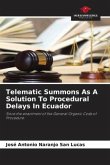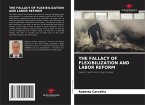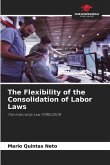It is a legal issue of great relevance to study the ex officio power to order evidence that the labor judge has, and therefore the situation must be analyzed with precision, through the different doctrines and foreign legislation, as well as a deep interpretation of the procedural rules in force together with the National Constitution of the Republic of Paraguay. It also verifies the positions of judicial activism and guaranty, in consideration of the Paraguayan legal system, specifically in the labor process, and also examines the way in which the labor judge can influence the process due to the informal powers available to him, specifically in evidentiary matters, this being a fundamental stage in any judicial process. It is necessary to cover in detail the procedural principle of impartiality and how it affects the judicial process, seeing which are the factors that can modify the impartial character of the judge, necessary to fulfill his function, as Jean de la Bruyere says "The duty of a judge is to do justice".
Bitte wählen Sie Ihr Anliegen aus.
Rechnungen
Retourenschein anfordern
Bestellstatus
Storno

